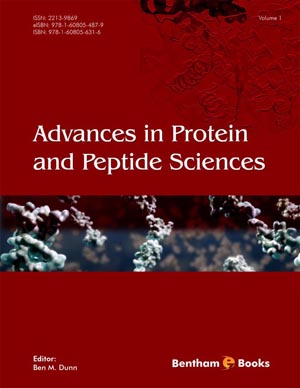Abstract
Evidence has accumulated that carbohydrate-peptide epitopes do play a role in classical MHC-mediated immune responses. T-cell recognition of O-glycosylated peptides is potentially of high biomedical significance, because it can mediate the immune protection against microorganisms, and in particular the vaccination in anti-tumor therapies.
The epithelial type 1 transmembrane mucin MUC1 is established as a marker for monitoring recurrence of breast cancer and is a promising target for immunotherapeutic strategies to treat cancer by active specific immunization. Natural human immune responses to the tumor-associated glycoforms of the mucin indicate that antibody reactivities are more directed to glycopeptide than to non-glycosylated peptide epitopes. To overcome the weak immunogenicity of the tumor-associated glycoform of MUC1 in experimental immunization, attempts were made to get insight into the molecular requirements for effective antigen processing and to identify class I and II processing permissive glycosylation sites. Evidence based on work with CD4+ T-hybridomas confirms that O-glycopeptide products of the immunoproteasomal or endosomal processing machineries can be effectively presented to T-cells and that glycans can form integral parts of the TCR defined epitopes. Immunization strategies in human MUC1 transgenic mice have demonstrated that different from nonglycosylated epitopes the glycoforms are recognized as foreign by the immune system and can effectively break immunotolerance. Based on these findings superior vaccines have been designed and successfully applied in transgenic mice that have a multi-epitope composition in common by comprising self-adjuvanting, APC-targeting and antigen-specific epitopes.
Keywords: MUC1, mucin, immunology, tumor vaccine, cancer, glycopeptide, Oglycosylation, antigenicity, immunogenicity, immunological processing, MHC presentation, MHC class I, MHC class II, proteasome.






















